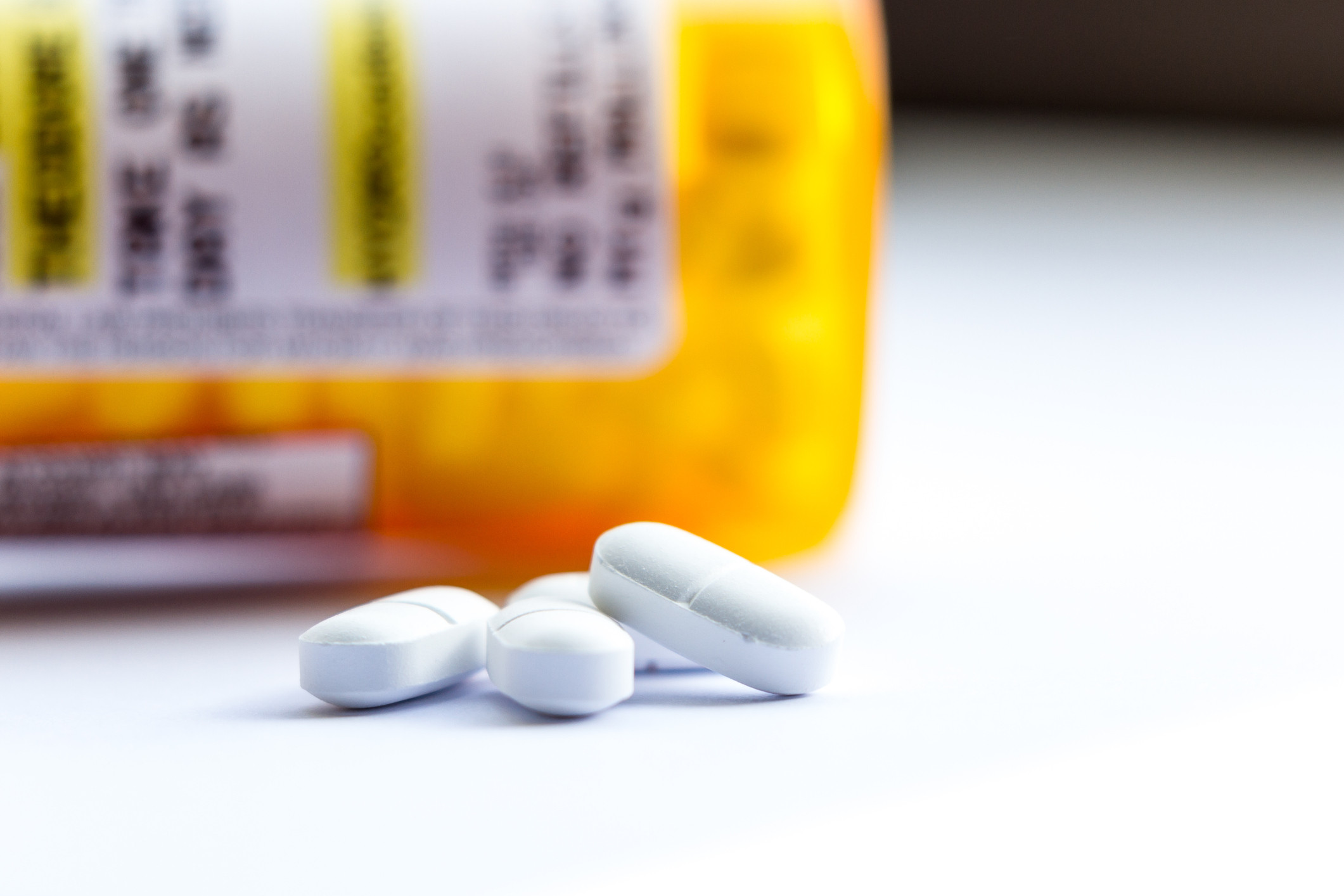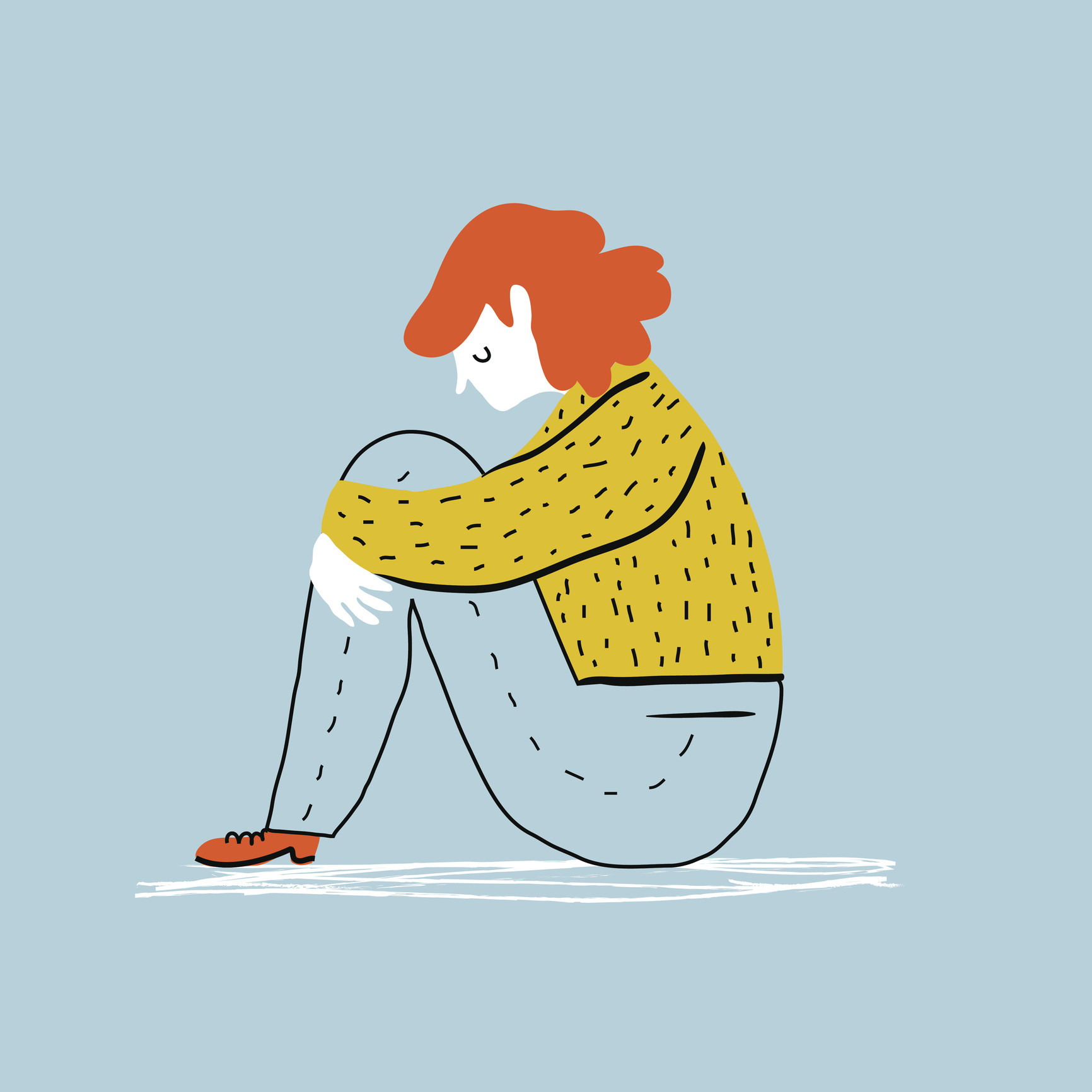
Driving with arthritis pain: Stay comfortable — and safe — behind the wheel

Daily cup of coffee may prevent afib recurrence

Gene-editing therapy lowers harmful blood fats in early study

What is EMDR therapy, and who can it help?

GLP-1 drugs versus bariatric surgery for treating obesity

Two dumbbells, three exercises, and 10 minutes

Easing the emotional burden of IBS

Modify your push-ups to meet your fitness level

What is long QT syndrome?

Stroke survivors may benefit from very low LDL levels
Addiction Archive
Articles
Navigating the holidays in recovery
While the holiday season is a time of festivities and reconnecting with family, for people in recovery from substance use disorders, these specific situations and events can be especially stressful. For them it’s crucial to plan ahead and to make sure recovery remains the priority at all times.
Addiction, the opioid crisis, and family pain
The changes in understanding around substance use disorders are making treatment more readily available to those who need it and reducing the stigma attached to addiction, but may make those with addiction in their family history feel that the change has come too late for them.
Is my painkiller an opioid?
Ask the doctors
Q. I'm currently taking a pill that combines 5 milligrams (mg) of oxycodone and 325 mg of acetaminophen. It keeps my pain under control and doesn't seem to interfere with other medicines I'm taking. However, I was reading about opioids and wonder if it falls in that category. If it does, should I be taking it?
A. Oxycodone is an opioid, but acetaminophen, the generic form of Tylenol, isn't. A combination of the two, sold as Endocet, Percocet, and Roxicet, as well as in a generic version, is a popular medication for pain control. Both oxycodone and acetaminophen should be used with caution. Oxycodone should be taken for the shortest time possible because long-term use of oxycodone has been associated with addiction and dependence. High doses of acetaminophen can cause liver damage.
Safe injection sites and reducing the stigma of addiction
The scope of the opioid crisis in the US has led some communities to revise their view of substance use disorders. One idea is creating supervised injection facilities that would provide a safe environment and make treatment resources available.
7 questions to ask when you’re given a prescription for an opioid
A discussion with your doctor may minimize your chance of becoming dependent on or addicted to these powerful painkillers.
Opioid misuse is now one of most important health problems in the United States, rivaling smoking as a cause of death. Although news reports tend to focus on an opioid crisis among the young, the opioid epidemic is increasingly affecting older people as well. In fact, the rates of hospitalization for opioid overdoses among Medicare recipients quintupled from 1993 through 2012. Although older people are still less likely than younger ones to become addicted or succumb to opioid overdoses, they are more likely to suffer side effects from extended opioid use, including memory and cognition problems and falls.
"Opioid use and pain management is something we deal with constantly," says Dr. Michael L. Barnett, assistant professor of health policy at the Harvard T.H. Chan School of Public Health. According to a report from the U.S. Department of Health and Human Services, nearly one-third of Medicare beneficiaries received at least one prescription for opioids in 2015, and those who did got an average of five such prescriptions or refills. Dr. Barnett and a team of his colleagues decided to investigate how Medicare recipients get opioid prescriptions in the first place.

Driving with arthritis pain: Stay comfortable — and safe — behind the wheel

Daily cup of coffee may prevent afib recurrence

Gene-editing therapy lowers harmful blood fats in early study

What is EMDR therapy, and who can it help?

GLP-1 drugs versus bariatric surgery for treating obesity

Two dumbbells, three exercises, and 10 minutes

Easing the emotional burden of IBS

Modify your push-ups to meet your fitness level

What is long QT syndrome?

Stroke survivors may benefit from very low LDL levels
Free Healthbeat Signup
Get the latest in health news delivered to your inbox!
Sign Up











